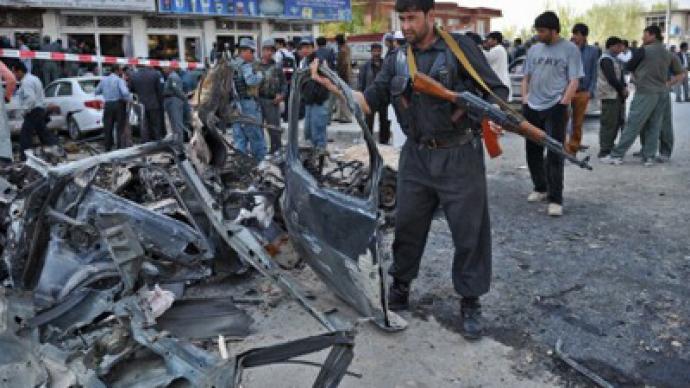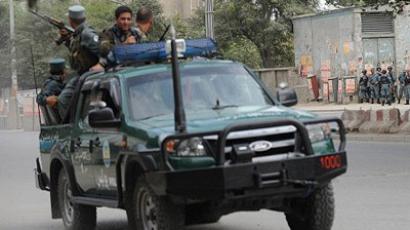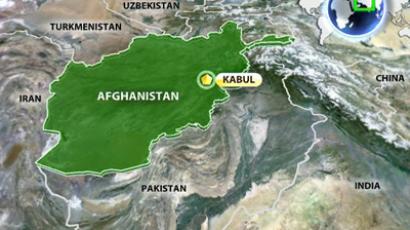Pentagon: Haqqani militants behind Afghan assault

The Pentagon says al-Qaeda-linked Haqqani militants from Pakistan were behind the fiercely coordinated recent attacks on Afghan government buildings, military bases and foreign embassies.
“Initial indications are that the Haqqani network was involved in this set of attacks that occurred yesterday in Kabul,” Pentagon Press Secretary George Little said on Monday.It was a total “intelligence failure by us and especially NATO,” Afghan president Hamid Karzai said, calling for a full investigation. Little, however, does not believe it was necessarily a failure, saying it is “not realistic” to expect coalition forces to be able to prevent every insurgent operation.On Sunday, insurgents launched coordinated attacks on the diplomatic area and NATO headquarters in Kabul, also targeting adjoining provinces. A total of 36 insurgents were killed before the assault was overcome by heavy gunfire from Afghan forces supported by US-led coalition helicopters. The attacks also claimed the lives of eight policemen and three civilians. Some 74 were wounded.One of the insurgents arrested by police claimed that the al-Qaeda-linked Haqqani network was behind the attacks.Haqqani is believed to also be behind the attacks on the US embassy and NATO headquarters in the Afghan capital last September, when both sites came under heavy shelling by a group of insurgents carrying small arms and rocket-propelled grenades.US officials also accuse the network of staging a suicide bombing at a NATO combat outpost in the eastern Wardak province of Afghanistan.Last year, former chairman of the US Joint Chiefs of Staff Admiral Mike Mullen claimed that Haqqani acts as a “veritable arm” of the Pakistani intelligence services. Islamabad denied these accusations.The Haqqani operates primarily in Afghanistan’s eastern provinces, along the border with Pakistan. The group, boasting an estimated 10,000 fighters, is led by Jalaluddin Haqqani and his son Sirajuddin.














